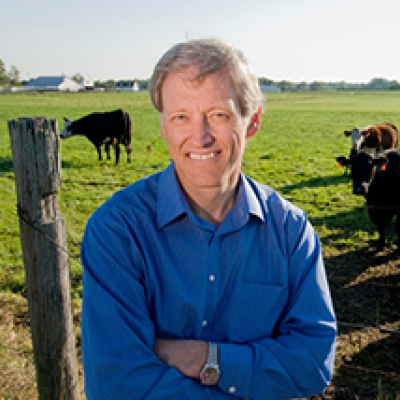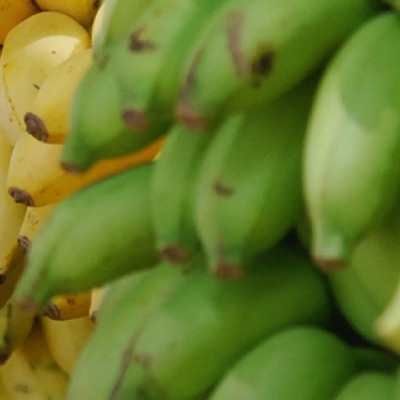
Kevin D. Walker
Kevin Walker is a professor at Michigan State University. Originally recruited by the U.S. Department of Agriculture, Walker directed a center focused on emerging issues affecting animal agriculture. He later became a Fellow with the Kellogg National Leadership Program and launched the Executive Leadership in Food Safety initiative where he proposed and developed a flagship training course with the World Trade Organization. He has also served on two Institute of Medicine National Research Council committees within the National Academies.



